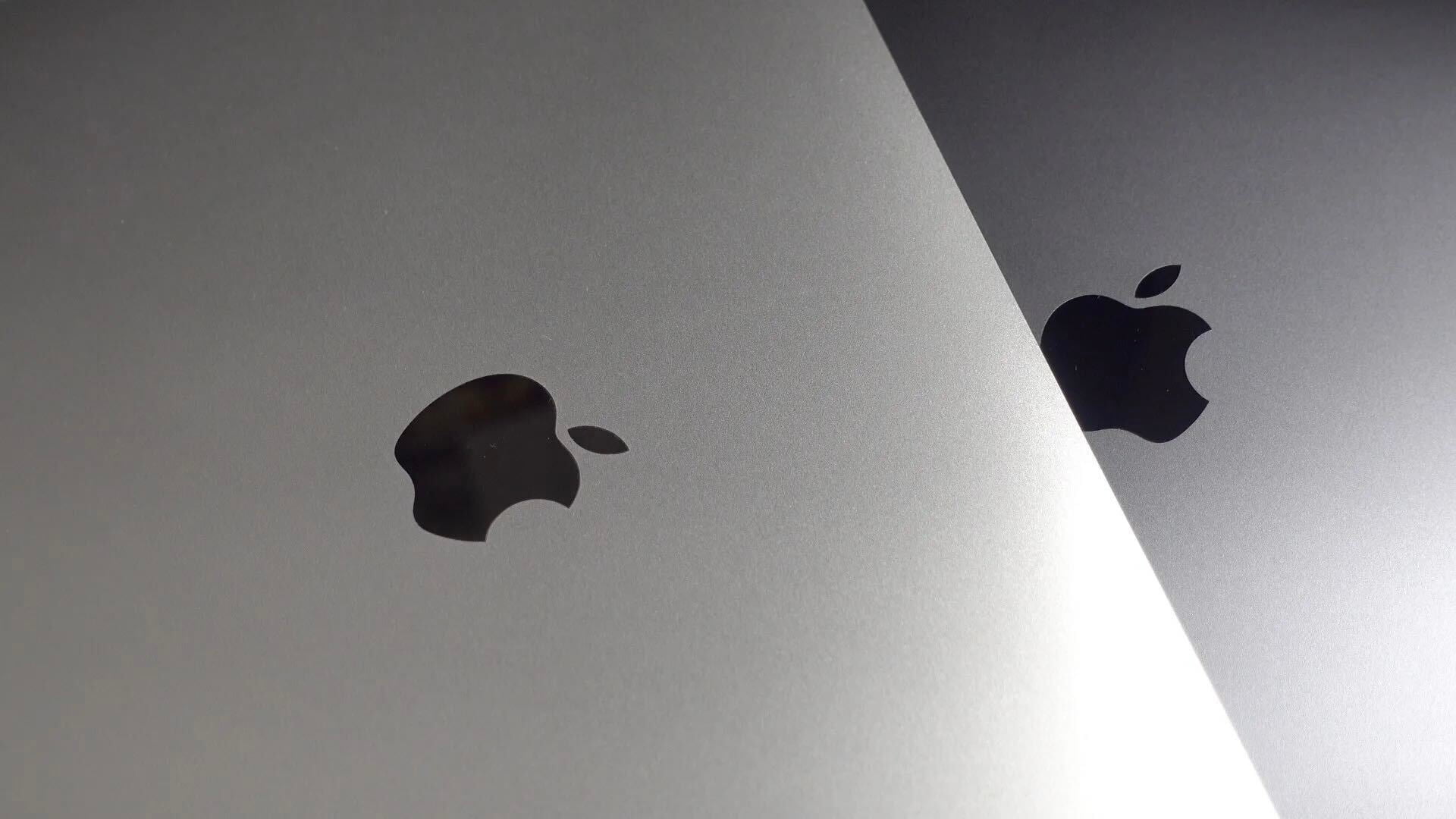

The Supreme Court of Canada has ruled by a 4-3 decision that Canadian police officers have the right to search cell phones without a warrant during arrests under certain circumstances: the arrest must be lawful, police need a valid reason for the search, the search must be limited to the suspected crime and police must keep detailed records of the search.
Justice Thomas Cromwell claimed that the court was trying to reach a balance between effective law enforcement while preserving the right for Canadian citizens to be free of unreasonable searches and seizures under Section 8 of the Canadian Charter of Rights and Freedoms. Meanwhile, the three dissenting judges argued that police should require a warrant in all cases to search a cell phone.
“I doubt not that police officers faced with this decision would act in good faith, but I do not think that they are in the best position to determine ‘with great circumspection’ whether the law enforcement objectives clearly outweigh the potentially significant intrusion on privacy in the search of a personal cellphone or computer,” said Justice Andromache Karakatsanis, on behalf of the three dissenters. “If they are wrong, the subsequent exclusion of the evidence will not remedy the initial privacy violation.”
Canadian police officers previously had virtually the unfettered right to search a cell phone during an arrest prior to this ruling, so the court’s decision to add specific guidelines that must be followed is actually a step in the right direction for privacy advocates. Nevertheless, it is a ruling that will undoubtedly face a lot of scrutiny among the Canadian public over the coming days.
FTC: We use income earning auto affiliate links. More.

It should be pointed out that, while a definite move rightward by the Canadian SC, the decision in fact is far more “liberal” than what the SCOTUS has ruled is okay.
The problem with this is “police need a valid reason for the search, the search must be limited to the suspected crime and police must keep detailed records of the search.” This seems to be wholly dependant on interpretation by the arresting officer.
If it turns out the search was illegal, evidence can be deemed inadmissible, but the act/intrsusion has already taken place.
U.S. courts have ruled that police can kill suspects before trial, and that no deep, impartial, and transparent study of such an event is required.
After watching how police indiscriminately beat and detained hundreds of innocent civilians (some of whom were handicapped) in Toronto a few years ago during the G20 summit, I have absolutely no faith that these thugs can be in any way impartial or be led to understand the law. That weekend I was truly ashamed to be Canadian because I thought we were better than this. So when they come gunning for you, do let them try and search your phones and wish them lots of luck in figuring out your password and/or getting past the encryption/activation controls that Apple has so wisely put in place to protect such privacy violations.
It doesn’t matter who you are, what you do, the writing has been on the al for a long time. Strong passwords and encryption on your mobile devices is absolutely needed for everyone.
And what happens during the during the arrest if the person refuses to give out the password? Unless I am wrong in order to JB the phone don’t you have to unlock it first? And does this order/law only pertain to Canadian citizens? What about foreign visitors?
In the US, the Supreme Court ruled that police need a warrant to search a cell phone. The case was Riley vs. California.